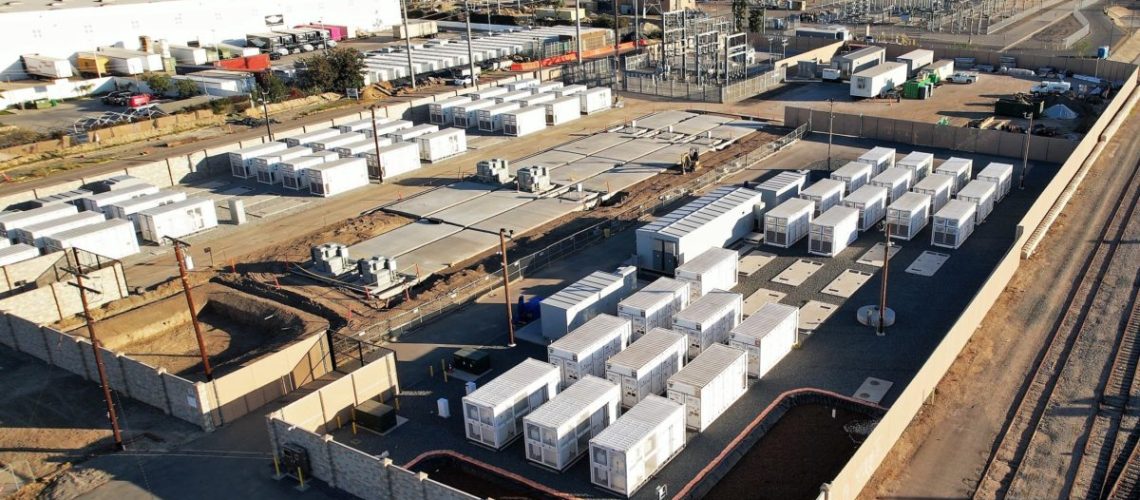This workforce initiative is intended to boost the nation’s global competitiveness within battery manufacturing, while strengthening the domestic economy and clean energy supply chains.
The US Department of Energy (DOE), in coordination with the US Department of Labor and the AFL-CIO, today announced that it is investing $5 million to launch a strategy for lithium-battery manufacturing.
This initiative is part of suite of announcements from President Biden’s Interagency Working Group (IWG) on Coal and Power Plant Communities and Economic Revitalization committed to taking action to support coal, oil and gas, and power plant communities as the nation transitions to a clean energy economy.
Lithium batteries power everything from electric vehicles to consumer electronics and are a critical component of President Biden’s whole-of-government decarbonization strategy. The DOE and the Biden administration are investing in this critical area in order to establish a secure end-to-end battery materials and technology supply chain. Currently China is the leader in the global lithium-ion battery production market, according to a Wood Mackenzie report. And while the US is supporting its battery industry, China is investing heavily to build out more manufacturing facilities to extend its dominance.
In June the DOE announced a separate funding initiative in which $200 million was earmarked to support the battery supply chain in the US along with new vehicle development, both in EVs and connected vehicles. This month, American Battery Factory (ABF), announced plans to set up a network of lithium-ferro-phosphate (LFP) battery fabrications across the United States. Incubated by Lion Energy, a mobile battery and solar generator provider that reported $100 million in sales in 2021,
“I am glad to see the Department of Energy collaborating with our industry partners to invest in the next generation of our clean energy workforce,” said US Senator Joe Manchin (D-WV), Chairman of the Senate Energy and Natural Resources Committee. “While I remain concerned about our dependence on China and other foreign countries for key parts of the lithium-ion battery supply chain, engaging our strong and capable workforce to manufacture batteries domestically is a critical step toward reducing our reliance on other countries and ensuring we are able to maintain our energy security.”
The pilot training programs will support industry-labor cooperation and will provide sites for job task analyses and documenting worker competencies. Insights gained will support the development of national industry-recognized credentials and inform the development of broader training programs to support the overall battery supply chain.
This announcement follows DOE’s recent release of two Notices of Intent authorized by the Bipartisan Infrastructure Law to provide $3 billion to support projects that bolster domestic battery manufacturing and recycling. The funding, which will be made available in the coming months, will support battery-materials refining, which will bolster domestic refining capacity of minerals such as lithium, as well as production plants, battery cell and pack manufacturing facilities, and recycling facilities.
According to a recent PV Intel report, California is an example of a burgeoning US battery market with an 8x increase in solar-plus-battery installations just in the past year.



